Air India Boeing 787 Crash: Preliminary Report Expected Soon

The Aircraft Accident Investigation Bureau (AAIB) of India is expected to release its preliminary report on the Air India Flight AI 171 crash "very soon," according to Civil Aviation Minister K. Rammohan Naidu. The June 12th crash of the Boeing 787 Dreamliner, which resulted in over 270 fatalities, has prompted intense scrutiny of aviation safety in India and Boeing's safety record.
Focus on Fuel Control Switches
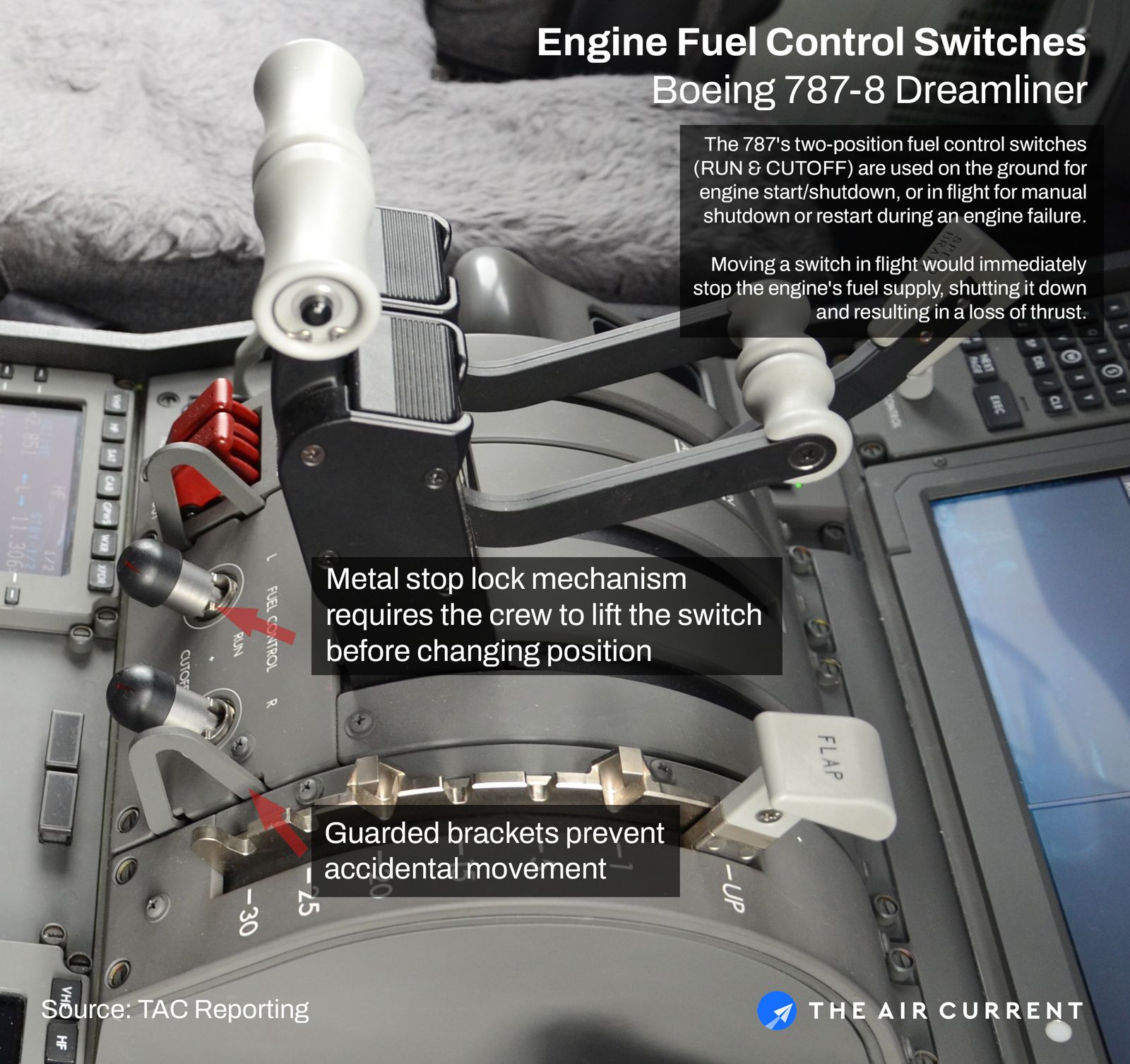
Investigators are primarily focusing on the possibility that the movement of engine fuel control switches in the cockpit may have caused the dual engine failure. Reports from Bloomberg and The Wall Street Journal indicate preliminary findings suggest the switches were off, but whether this was accidental or intentional remains unclear. The deployment of the Ram Air Turbine (RAT), a key emergency backup device, further supports the theory of a dual engine failure.
No Mechanical or Design Flaws Found (Preliminary)

Importantly, as of July 11th, 2025, no evidence has emerged suggesting a mechanical or design fault in the Boeing 787 aircraft or its GE engines. Neither the FAA nor the manufacturers have issued any safety advisories related to the aircraft itself. This finding contrasts with the initial market reaction, where Boeing's stock experienced a significant drop following the crash.
Black Box Data Analyzed
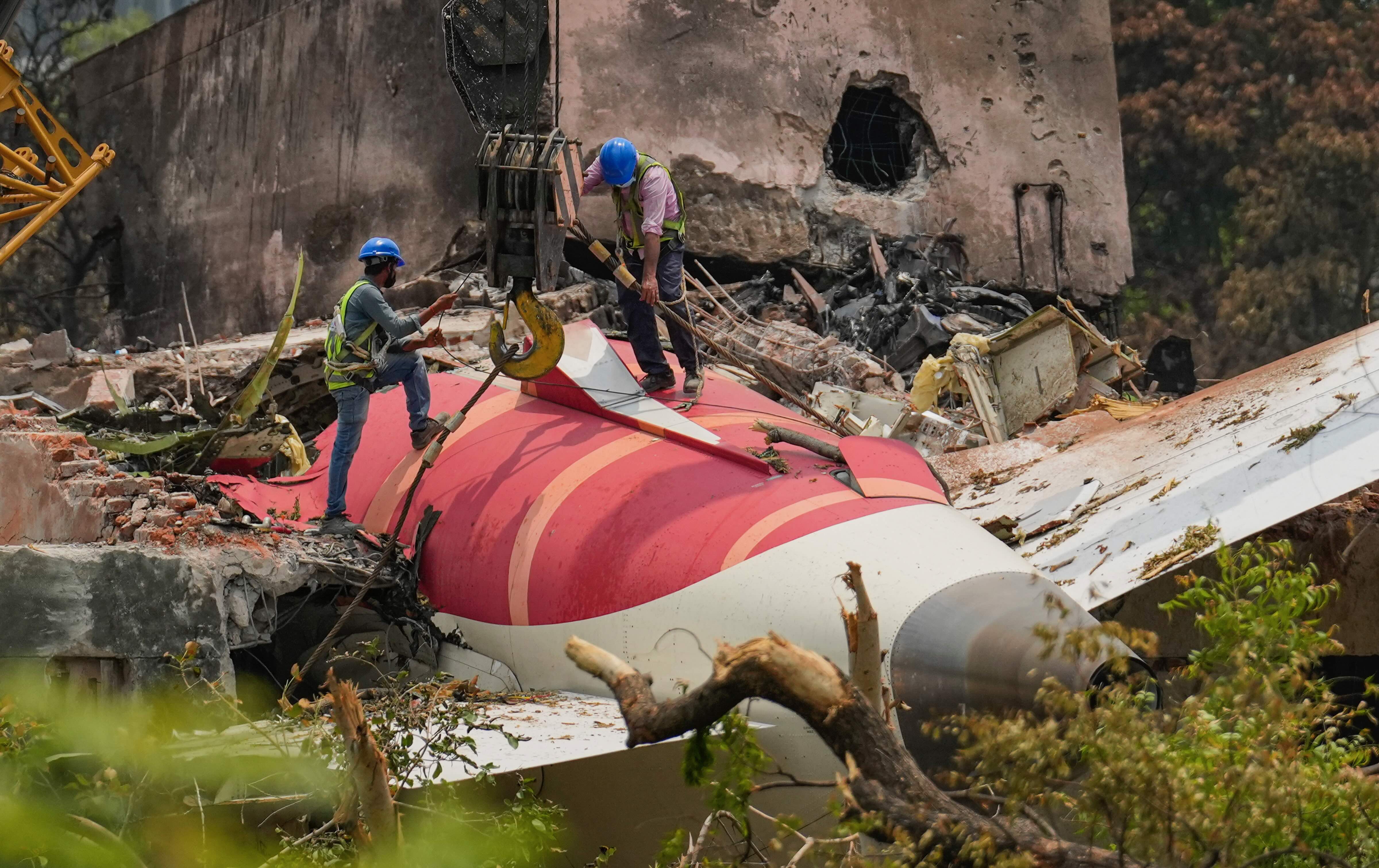
Both the cockpit voice recorder and the flight data recorder have been recovered and their contents analyzed as part of the ongoing investigation. This data is crucial in piecing together the sequence of events leading up to the crash.
Parliamentary Inquiry Underway

Indian parliamentary panels have been actively holding meetings with aviation stakeholders, including the Ministry of Civil Aviation, the Directorate General of Civil Aviation (DGCA), and Air India executives. These meetings aim to address concerns about aviation safety in India and the thoroughness of the crash investigation.
Timeline of Events
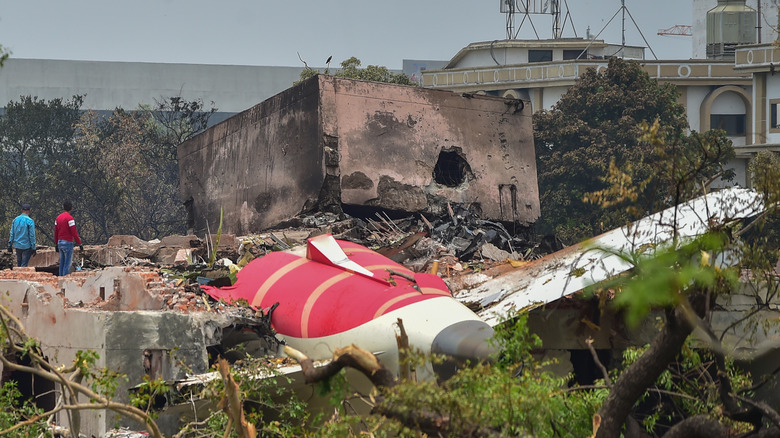
The Air India Flight AI 171 crashed shortly after takeoff from Ahmedabad, India on June 12, 2025, en route to London Gatwick. The 30-day deadline for submitting a preliminary report to the International Civil Aviation Organization (ICAO), as per Annex 13 regulations, falls around July 12, 2025. The AAIB informed a parliamentary committee on July 9, 2025, that the preliminary report would likely be released that week. Minister Naidu's reiteration on July 11th confirms the imminent release of the report.
Pilot Experience

Captain Sumeet Sabharwal, with 8,200 flight hours, and First Officer Clive Kunder, with 1,100 flight hours, were piloting the aircraft. Their experience levels are being considered within the context of the investigation.
Stakeholders Involved

The investigation involves multiple stakeholders, including the AAIB, the DGCA, the US National Transportation Safety Board (NTSB), Boeing, Air India, the Indian government, and the families of the victims. The international nature of the investigation highlights the global implications of the tragedy.
Boeing Stock Reaction
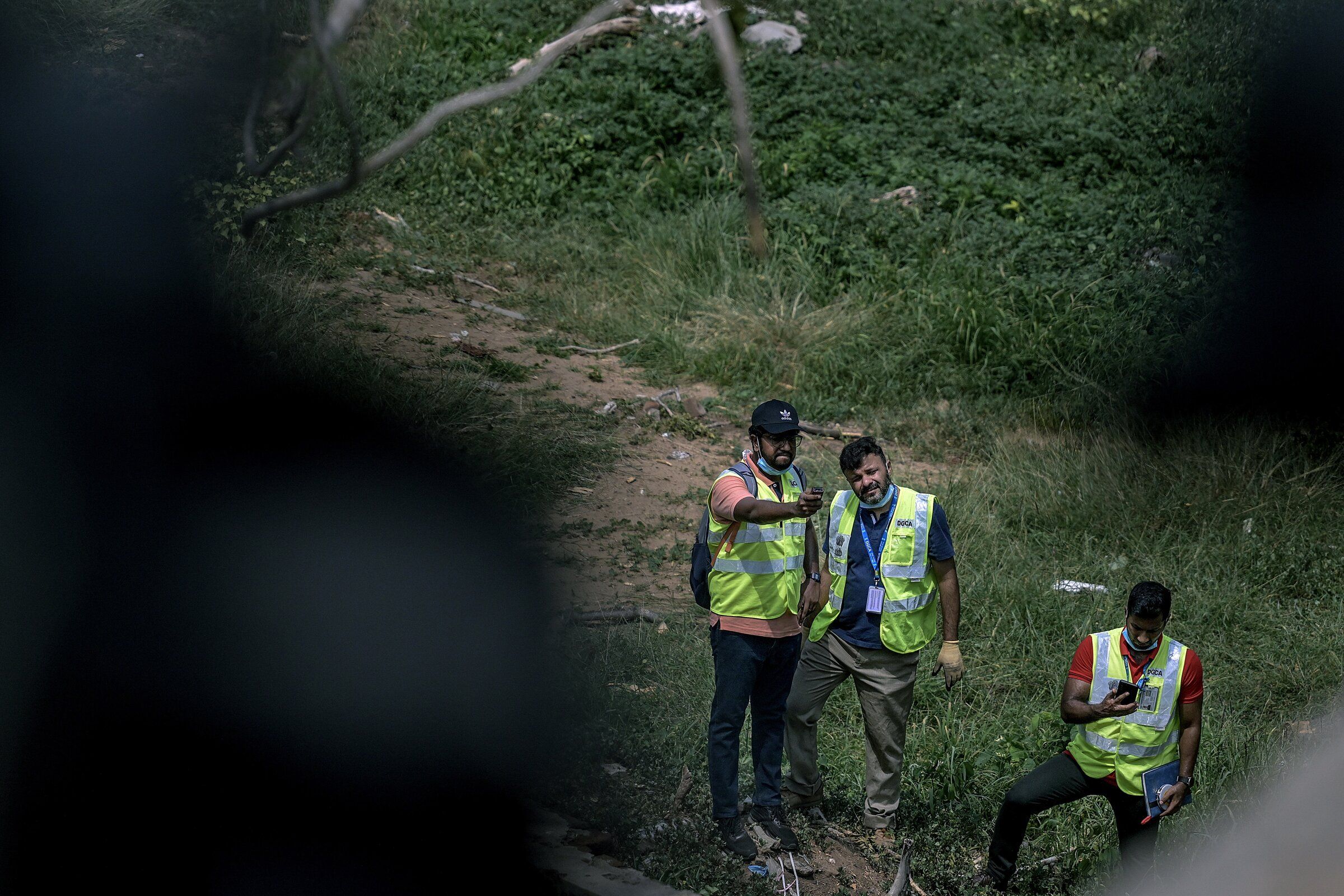
Boeing's stock initially fell significantly after the crash, mirroring concerns about its safety record following the 737 MAX incidents. However, recent stock data shows some recovery, potentially influenced by the lack of evidence so far pointing to mechanical or design flaws in the 787.
Public Reaction and Potential Consequences
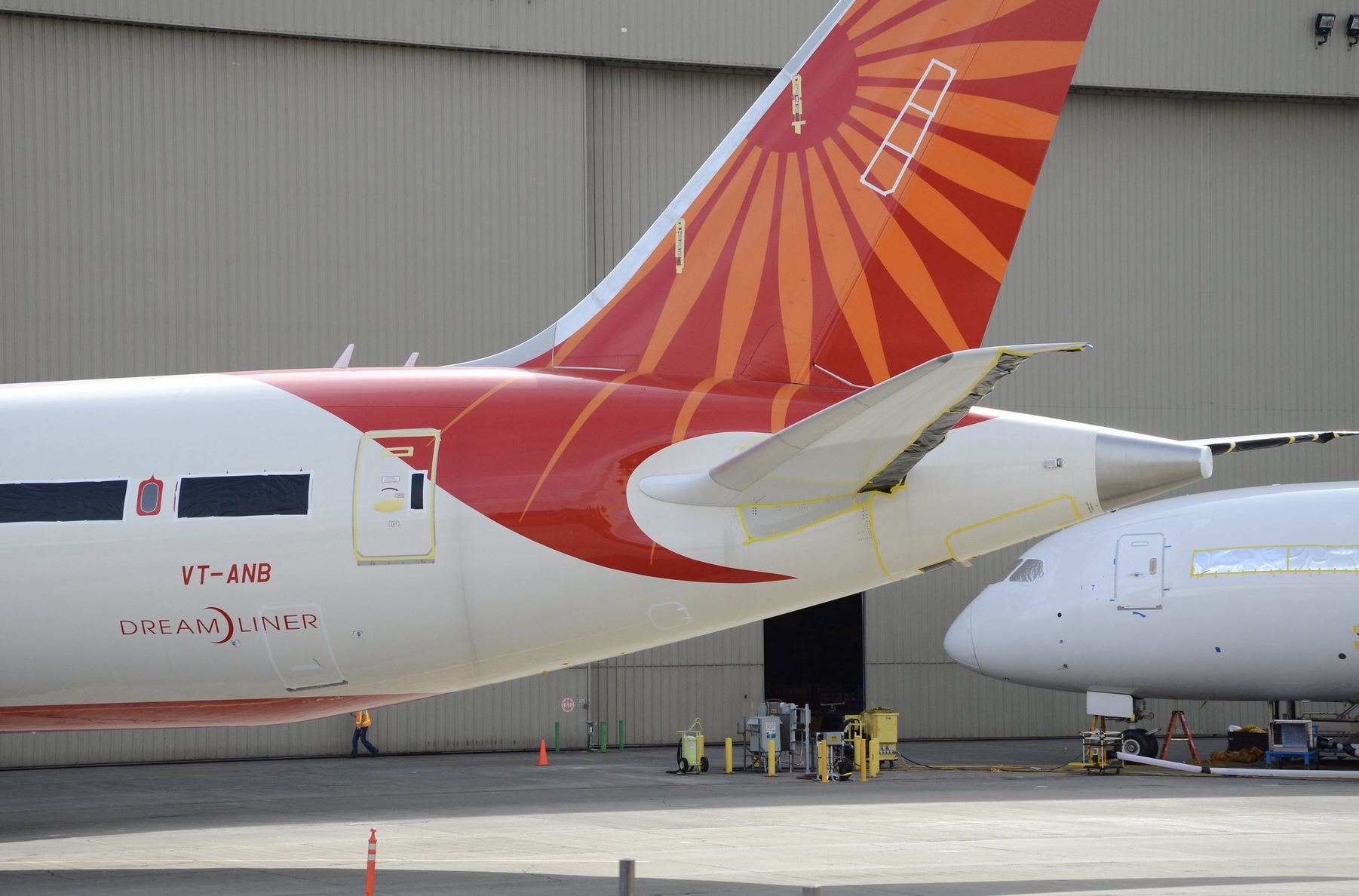
The focus on potential human error related to the fuel control switches has shifted some of the attention away from a potential systemic issue with Boeing. However, the lack of transparency in the early stages of the investigation has drawn public and parliamentary criticism.
Impact on Air India and Indian Aviation
The crash has severely impacted Air India's reputation and led to increased scrutiny of India's aviation safety standards and regulatory oversight. The potential for regulatory reforms and increased insurance premiums for Indian carriers are likely consequences of this tragedy.